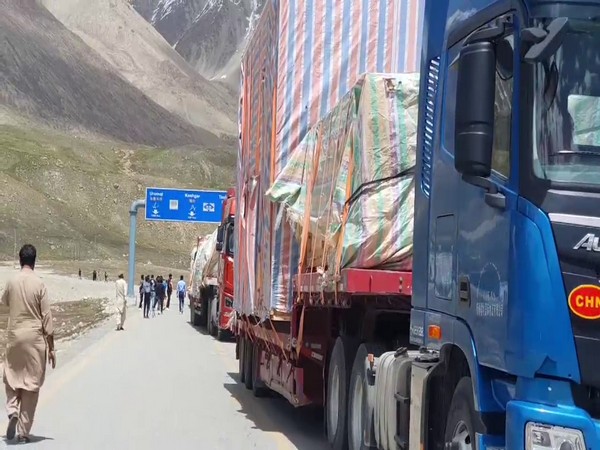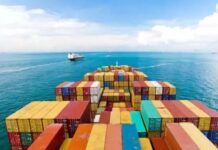Traders in Pakistan-occupied Gilgit-Baltistan (PoGB) are expressing growing concern over the government’s decision to end customs concessions, a move they fear could severely impact the already fragile economy of the region.
The concerns are particularly strong in the town of Sost, a vital village located along the China border, where local businesses are already grappling with limited resources.
Traders in Sost, specifically, are anxious about the government’s move to remove exemptions from customs duties, sales tax, and income tax, fearing it will devastate their livelihoods. This policy change not only threatens the local economy but also the employment prospects for the youth, who are already struggling due to the lack of industrial development.
“The removal of customs duty exemptions, sales tax breaks, and income tax relief has caused widespread unrest. Both the youth and traders of Gilgit-Baltistan depended on these exemptions. If the government doesn’t address these issues urgently, we risk facing a serious crisis, particularly along the border. With no industries or factories in the region, there are no alternative employment options for the people,” said Ali Hassan, a local trader.
The economic future of PoGB seems increasingly uncertain, with many fearing that without prompt government intervention, the removal of these concessions could lead to severe economic disruption. The region heavily depends on cross-border trade, and the absence of a strong industrial sector makes it even more vulnerable to these changes.
“If the government continues with its current policy, businesses can thrive, and employment opportunities will be created. But if new policies keep changing every year, people will continue to struggle, and the business environment will become unstable,” Ali added.
Traders are now calling on the government to address their concerns quickly, urging action to prevent irreversible damage to both their businesses and the overall economic stability of the region. People in PoGB have long felt marginalized and neglected within Pakistan, as the region does not have full constitutional rights or recognition.
The region often suffers from being overlooked in national policies, development projects, and political representation, which has led to a sense of injustice and inequality among its residents.











